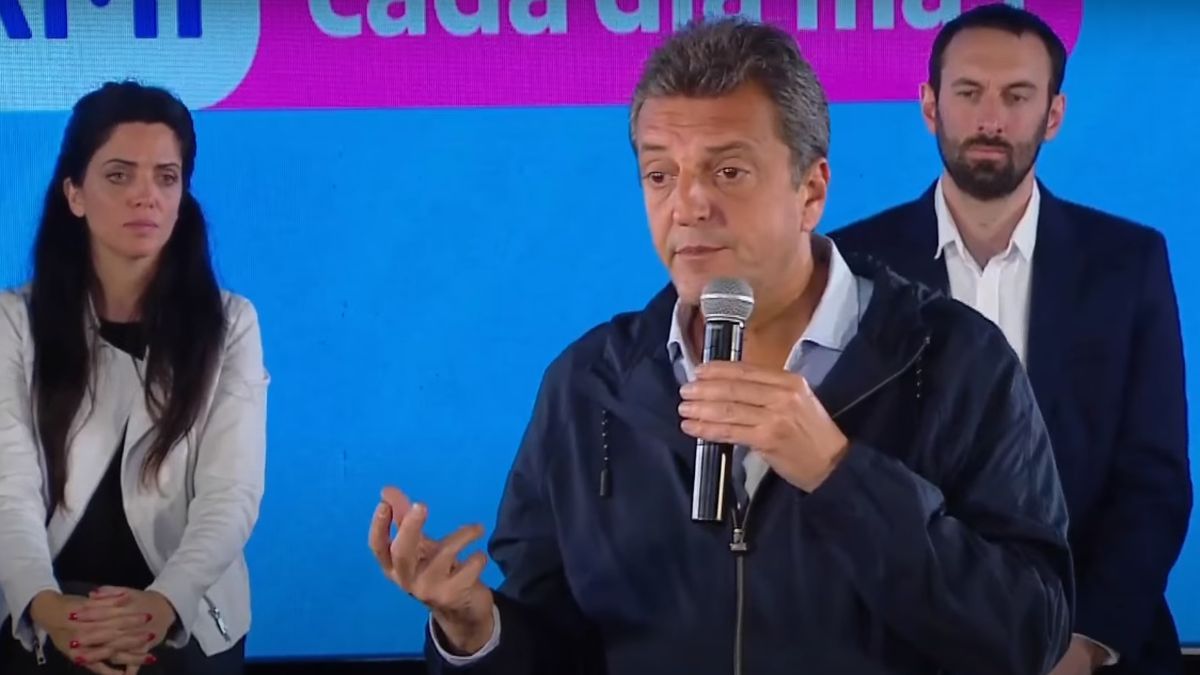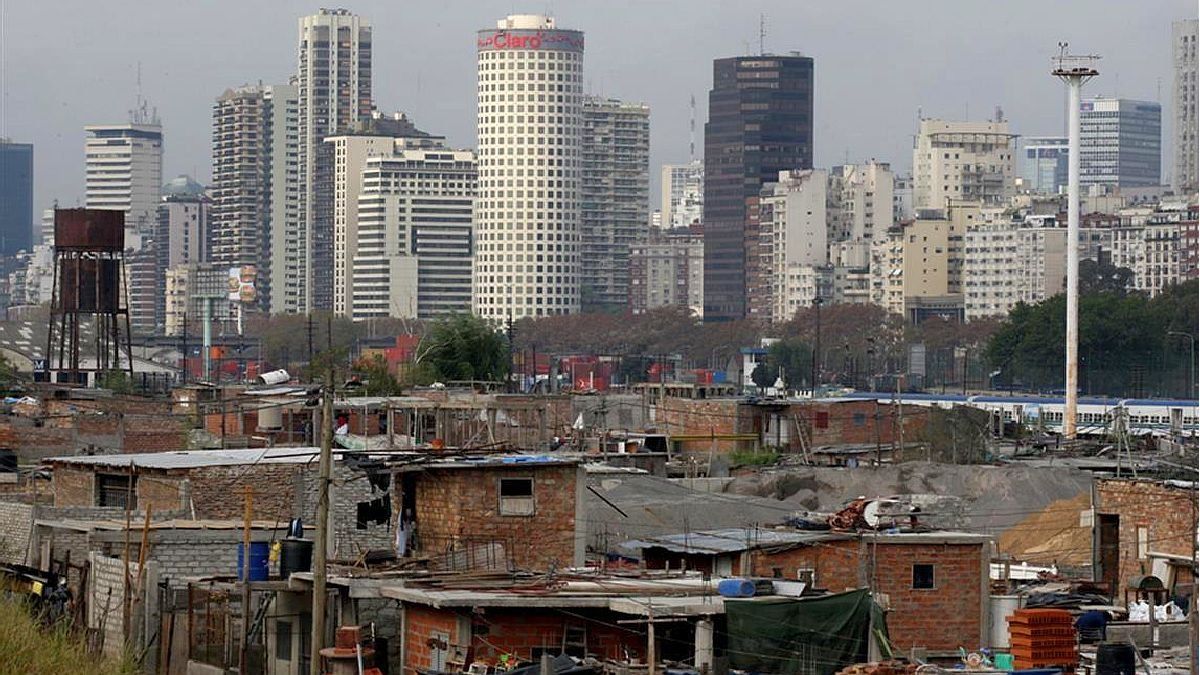In the race to the October election, Sergio Massa announced an extensive package with a variety of measures aimed at recovering the loss of income – deepened by the devaluation – and supporting consumption. “Two measures per day,” the official understands as a mantra and has applied it since August 14. However, despite the fact that it came from IMF was indispensable for any action, economists already calculate a notable shift in the fiscal margin regarding what was agreed with the organization for this year.
According to the consulting firm EcoGo, The total package of measures infers 1.1% of GDP, if the transfers made by the provinces and the private sector are also considered. After the electoral performance that placed the Minister of Economy among the third most voted force, and in accordance with what was requested by the Fund, a devaluation of 21.5% was carried out on the official exchange rate. As the days went by, Massa announced an increase in the monthly reinforcement for retirees, a fixed sum for public and private sector employees, reinforcement for workers in private homes, deferral in payment of the monotribute, Pre-Trip 5, a reinforcement in the Alimentar Card and another in Empowering Work. Up to this point, according to the calculations of the consulting firm directed by Marina Dal Poggetto, $862,496 million was spent, the total equivalent to 0.46% of GDP.
However, the state wallet continued to disburse and last week the VAT refund for the Basic Basket, an increase in the non-taxable minimum in Profits and reinforcement of the PAMI food program were announced. The bill represented $1.16 trillion and the total package amounted to $2.02 trillion, equivalent to 1.08% of GDP. Despite the explicit need for the recomposition of purchasing power in all universes, the flip side is the latent pressure from the organization led by Kristalina Georgieva, which on July 28 announced that the primary fiscal deficit goal for 2023 remains unchanged at 1 .9% of GDP.
“Meeting the goal requires a greater tightening of fiscal policy in the second half of this year,” the agency stated in an official statement. Next, the IMF detailed what its statement is about: “On the spending side, efforts are still necessary to contain the growth of the wage bill, update energy rates and strengthen spending controls.” So far, energy rates remain unchanged and are expected to remain unchanged, at least until November.
For now, EcoGo is betting in terms of financing on the results of the extraordinary tender in September, which allowed the Treasury’s peso cushion to rise to $530,000 million, more than that of the previous week, with which it could reach $800,000 million of surplus. “It leaves a good basis to finance the announced policies and takes short-term pressure off the Central Bank, which at the moment does not urgently need to provide assistance to the Treasury Palace,” the consultancy indicates.
Both Massa and the head of Customs, Guillermo Michel, made it clear that the main tax in the recomposition of the loss of tax revenue will be the COUNTRY tax. According to initial estimates by Nadin Argañaraz, in August there would have been the first real year-on-year increase in collections of the year. “National tax collection would have increased by a real 6.4% in August 2023,” explains the IARAF specialist. And in the breakdown, he adds: “Without foreign trade taxes, it would have risen 9.4%. Analyzing by tax, the taxes that increased the most would be PAIS tax with 174.8%, followed by VAT with 21.5% and check tax with 8%. The collection that would fall the most was that of export duties, which would have fallen by 45.1% in real terms year-on-year, followed by fuels with 32.8% and shared internal revenues with 10.6%.”
However, Argañaraz is waiting for a key date, Thursday, when last month’s execution will be announced. “It is important to see the August spending and the dynamics of the PAIS tax, which was recently raised. Regarding VAT, the essential thing is how much consumption is going to become formal.” On this point, for the Government, putting formalized consumption on the streets will also be an enriching source of tax collection.
Despite the strategies to overcome a drop in accounts in the last part of the year, the final number that 2023 It’s worrying: with all the new information, EcoGo projects that the primary deficit of the non-financial public sector cash base is around $5 trillion, which is equivalent to 2.7% of GDP.
Regarding the impact that this red may have on the agreement with the IMF, Claudio Loser, former director of the organization, said: “The IMF disbursed everything that was available. The next disbursement of the Fund is in November, when there will be a new (or old) government. So from a practical point of view the IMF has no tools. They can say they suspend the program and they can protest at the board level, but no more. The truth is that they have not achieved the agreed goals for a year or more. In any case, the Government may find that it is not given funds from the IDB or the World Bank because they are not handling things well. But that is philosophical speculation.”
Source: Ambito




